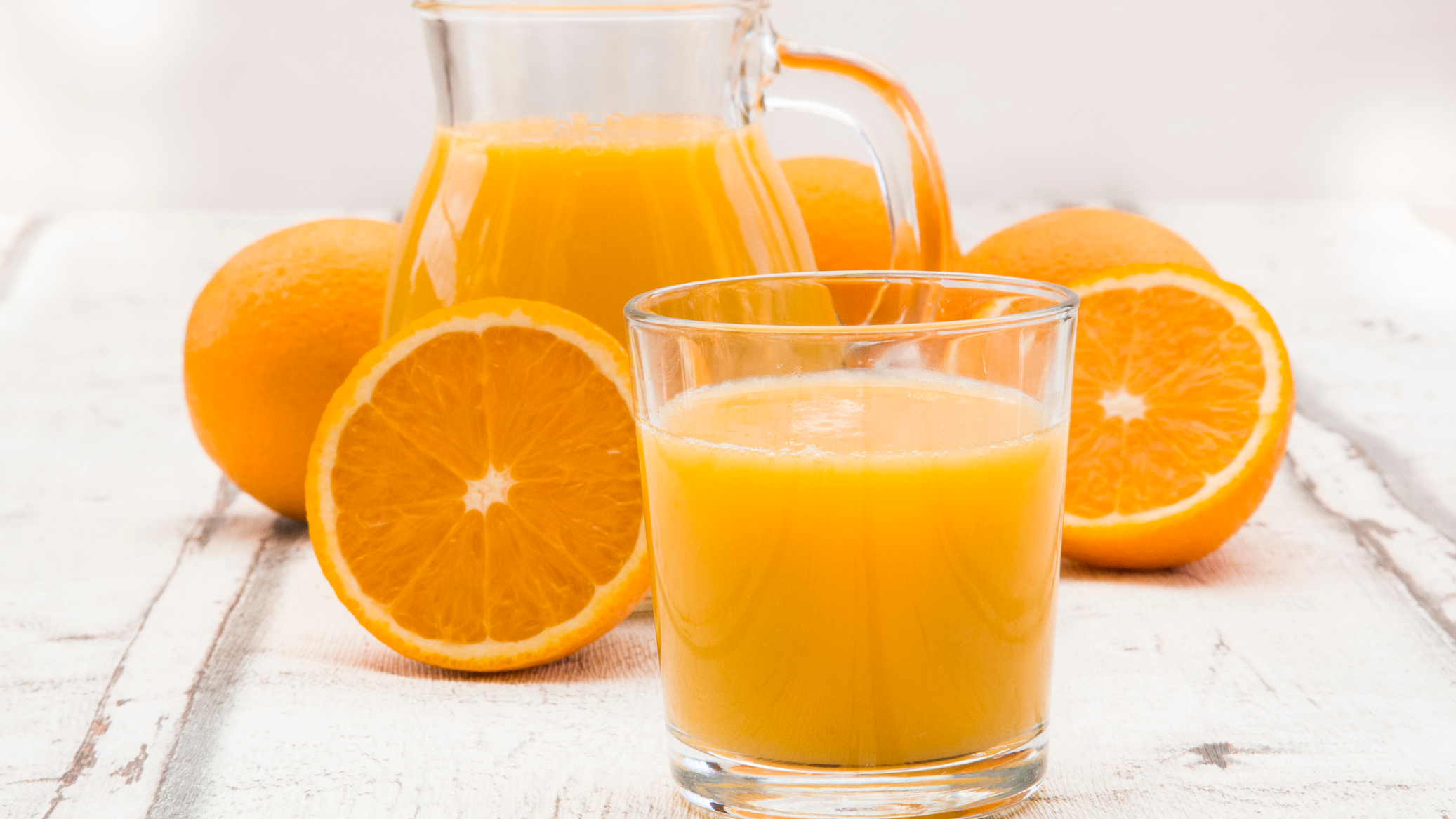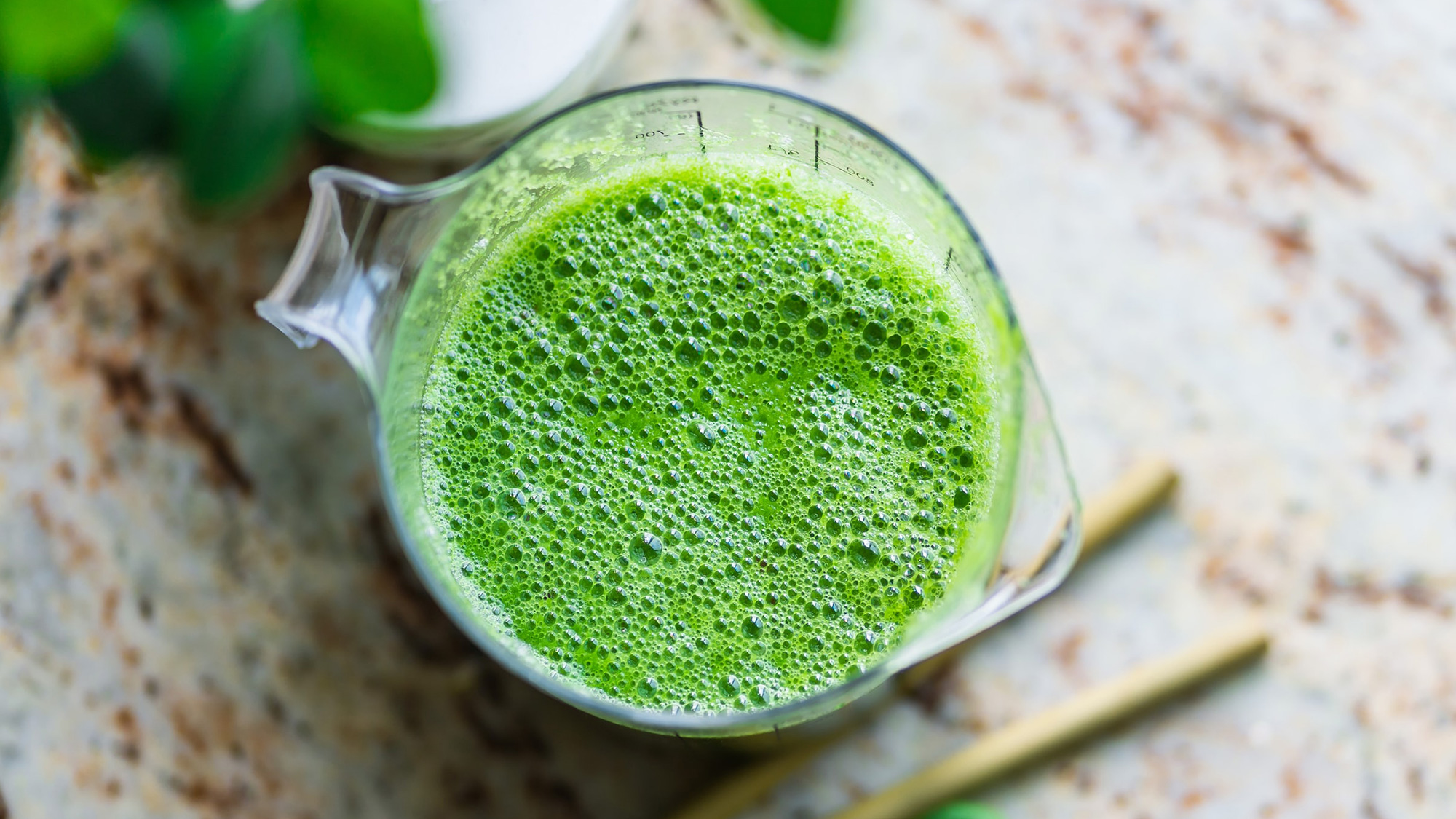Lose weight: Why THIS common fruit is actually a secret weight loss superfood
Why the flavanoids in your fruit bowl might help you lose weight better than expensive superfoods


Start your week with achievable workout ideas, health tips and wellbeing advice in your inbox.
You are now subscribed
Your newsletter sign-up was successful
If you're trying to lose weight, you might be wondering whether healthy eating really needs to be so expensive. With packaged "health foods", vitamins, supplements and other products, it's easy to get lost in the haze of marketing. And while there are some worthwhile supplements out there, such as the best protein powders for weight loss, it's worth noting some of the healthiest options are old-fashioned fruit and vegetables.
For example, oranges, clementines and tangerines are fantastic for you. High in vitamin C, which boosts your immune system, lowers blood pressure and even helps you lose weight, oranges are also naturally low in calories. It's also full of antioxidants like carotenoids and flavonoids, which are beneficial in keeping the body healthy.
However, a study conducted by the University of Western Ontario last year found even more weight-loss benefits to the fruit, thanks to citrus' flavonoid content. The study found the molecule found in sweet oranges and tangerines reversed existing obesity and the size of fat cells in mice, and increased the energy they expended.
It's thought this could work just as well in humans, shrinking the size of fat cells. Oranges are also great for a weight loss snack as they're high in fibre, which meanas they're filling and contribute to a healthy bowel movement, while being naturally low in calories. They're also sweet, which will satisfy your sugar cravings.
So next time you're looking for a hit of sugar, don't reach for the chocolate - grab an orange instead. But can you get just as healthy drinking a glass of juice, rather than eating a whole orange?

Whole oranges vs orange juice: The facts
To find out, research published in the Journal of Agricultural Food Chemistry studied differently processed oranges and orange juices. It found pasteurised orange juice actually contained more of some beneficial chemicals, while also packing the same amount of vitamin C as whole oranges.
However, don't start guzzling cartons of orange juice just yet: one big problem with orange juice's weight loss credentials is in its sugar content. With a 250ml glass containing over twice the calories of a single orange, pasteurised orange juice is condensed, containing much more sugar than the fruit in which it comes from.
Start your week with achievable workout ideas, health tips and wellbeing advice in your inbox.
Then there's the matter of fibre content, as a report from Harvard University found, an increased intake in fibre helps with weight loss. Orange juice without pulp contains much less fibre than juice without pulp, which in turn contains less fibre than an actual orange. Much of it is lost in the juicing process, so unless you've got one of the best blenders on hand, you're better off sticking to a whole fruit.

Juicing often reduces the fibre content of the original fruit
Eating an entire orange not only contains the same amount of vitamin C as an equivalent amount a juice, less sugar and more fibre content, but it also helps in portion control. Drinks very often aren't considered when it comes to counting calories, so it's easy to pour a big glass and ingest a lot of sugar from something supposedly healthy, like fruit juices.
When eating an orange, it comes in a ready-made portion size: one orange. Together with all the benefits from the vitamins and fibre involved, as well as the reduced amount of sugar, this is final nail in the coffin: when it comes to oranges, eating them whole is preferable to a glass of OJ.
It's an easy breakfast swap for those on a weight loss diet which will actually help rather than hinder your progress. Leave the Tropicana and the chocolate in the supermarket and just pick up a bag of oranges on your way out the door.
Matt Evans is an experienced health and fitness journalist and is currently Fitness and Wellbeing Editor at TechRadar, covering all things exercise and nutrition on Fit&Well's tech-focused sister site. Matt originally discovered exercise through martial arts: he holds a black belt in Karate and remains a keen runner, gym-goer, and infrequent yogi. His top fitness tip? Stretch.
